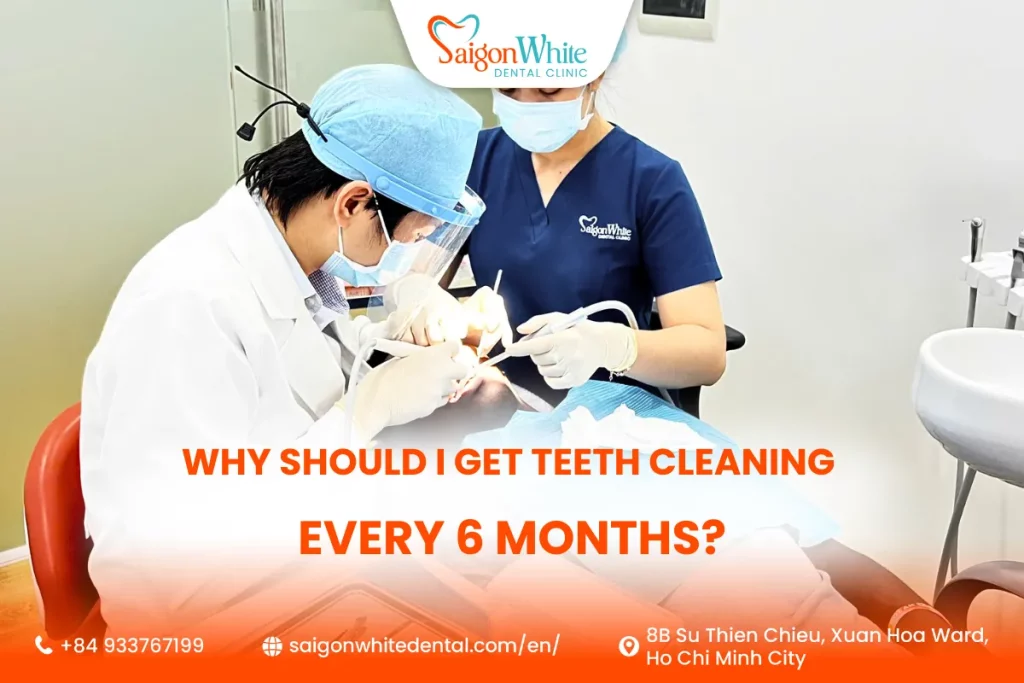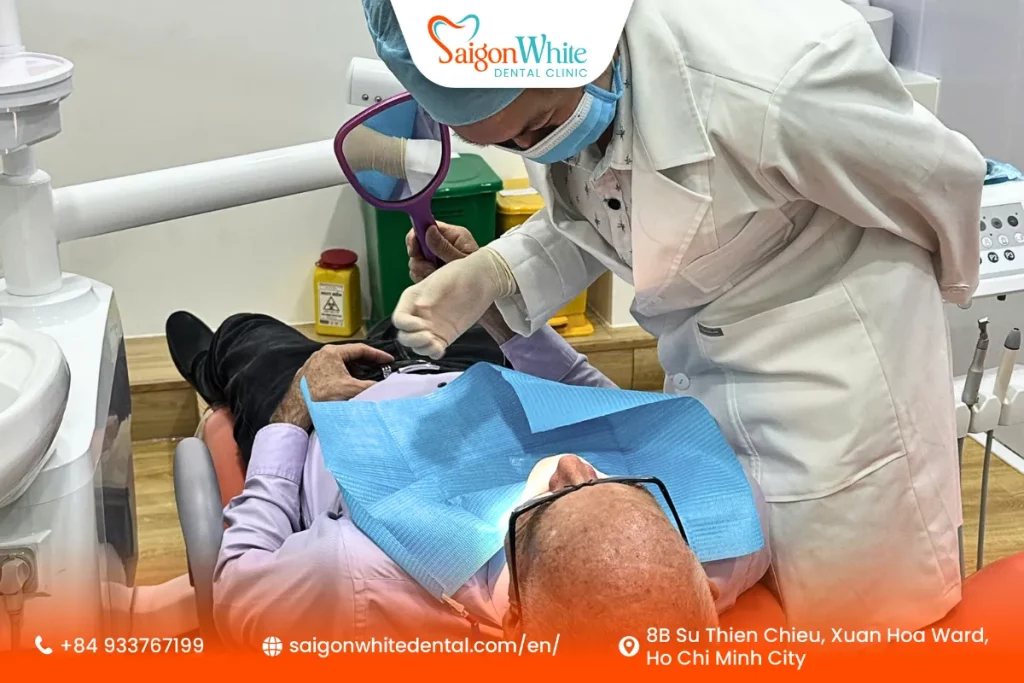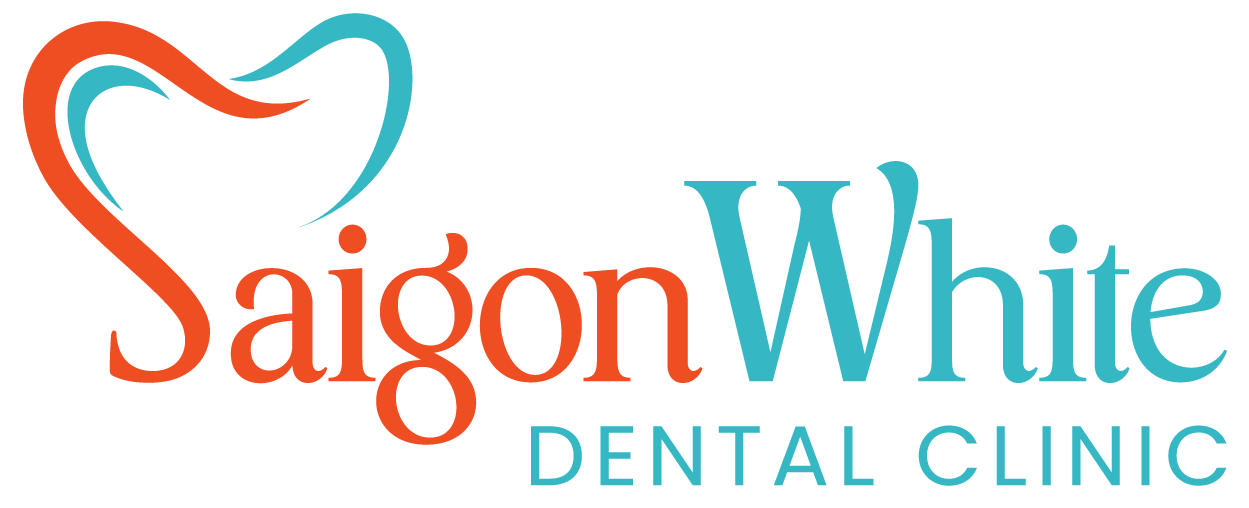You may brush twice a day, floss religiously, and avoid sugary drinks—but if you’re skipping regular dental cleanings, you’re missing a key part of your oral health routine. Dentists around the world recommend professional teeth cleaning every six months. But is it really necessary? And what happens if you don’t go?
Let’s explore the science, the benefits, and the long-term importance of getting your teeth professionally cleaned twice a year.

What Is Professional Teeth Cleaning?
Teeth cleaning, also called dental prophylaxis, is a procedure performed by a dentist or hygienist to remove plaque, tartar, and stains that cannot be eliminated through regular brushing and flossing.
What’s Included in a Typical Cleaning Appointment?
- Plaque and tartar removal using ultrasonic or manual scalers
- Polishing to remove surface stains and make teeth smooth
- Fluoride application (optional, but recommended for added protection)
- Flossing and rinsing
- Oral examination to check for early signs of problems like gum disease, decay, or oral cancer
Unlike home care, which is limited to soft plaque removal, professional cleaning uses specialized tools to clean above and below the gumline, where bacteria thrive.
Why Every 6 Months?
You might wonder, “Why not once a year or whenever something feels wrong?”
The answer lies in prevention and early detection.

Plaque Turns Into Tartar — Fast
Plaque is a soft, sticky film of bacteria that constantly forms on your teeth. If not removed through brushing, it hardens into tartar (calculus) within 24 to 72 hours. Once tartar forms, only a dentist can remove it.
By cleaning your teeth every 6 months, you prevent the build-up of tartar that can lead to:
- Tooth decay
- Gum inflammation
- Persistent bad breath
Prevent Gum Disease Before It Starts
Gum disease (gingivitis and periodontitis) is one of the most common dental problems worldwide. It starts silently and painlessly, but can lead to:
- Bleeding gums
- Tooth mobility
- Bone loss
- Tooth loss in advanced cases
Professional cleanings help remove the bacterial load under the gums and prevent gum disease from progressing.
Early Detection of Dental Problems
Regular cleanings include a thorough exam by a dentist, which allows them to:
- Spot early signs of cavities
- Detect cracked teeth, fillings, or crowns
- Catch early gum recession or bone loss
- Screen for oral cancer and other abnormalities
When problems are detected early, treatment is faster, cheaper, and more successful.
Long-Term Cost Savings
Preventive care saves you money.
A cleaning may cost $50–$150, depending on location. But skipping cleanings can lead to:
- Fillings ($100–$300)
- Root canals ($700–$1,500)
- Crowns ($1,000+)
- Implants ($2,000–$5,000 per tooth)
Routine cleaning every 6 months = smaller bills in the long run.
Whiter, Fresher, More Confident Smile
Cleaning appointments also help you:
- Remove surface stains caused by coffee, tea, wine, and smoking
- Maintain fresher breath
- Enjoy a smooth, polished feeling after the cleaning
- Smile with more confidence knowing your teeth are healthy
What Happens If You Skip Dental Cleanings?
It’s easy to postpone cleanings when life gets busy—but skipping them increases your risk of:
- Tartar build-up that damages enamel and gums
- Bad breath (halitosis) due to trapped bacteria
- Stained teeth that look yellow and dull
- Gum disease, which progresses silently
- Tooth loss if periodontal issues go untreated
Even people with “no pain” often have early-stage issues they don’t feel yet — until it’s too late.
Who Especially Needs Regular Cleanings?
While everyone benefits from having their teeth professionally cleaned every 6 months, some individuals are at higher risk for dental problems and may require even more frequent cleanings — such as every 3 to 4 months — to maintain oral health.
Let’s look at who falls into this category and why regular cleanings are particularly important for them.
Smokers
Smoking affects your mouth in multiple ways:
- Increases plaque and tartar formation
- Reduces blood flow to the gums
- Delays healing after dental procedures
- Increases the risk of gum disease and oral cancer
Why it matters:
Smokers are more prone to periodontitis (advanced gum disease) and tooth staining, making frequent professional cleanings essential to monitor and maintain oral health.
Diabetics
Diabetes and gum disease have a two-way relationship:
- High blood sugar levels impair healing and increase inflammation
- Gum infections can make blood sugar harder to control
Why it matters:
Diabetics are at higher risk of receding gums, bone loss, and infections. Regular cleanings help control oral bacteria and support overall health management.
Pregnant Women
Hormonal changes during pregnancy can cause pregnancy gingivitis, which includes:
- Swollen, tender, or bleeding gums
- Increased risk of plaque build-up
- Possible link to low birth weight or preterm labor (in severe gum infections)
Why it matters:
Dental cleanings during pregnancy are safe and recommended — especially in the 2nd trimester — to protect both mother and baby.
People With Braces or Aligners
Brackets, wires, and aligners make it harder to remove plaque and food debris, increasing the risk of:
- Decalcification (white spots on enamel)
- Cavities around brackets
- Gum irritation and bleeding
Why it matters:
Orthodontic patients benefit from more frequent cleanings to keep teeth healthy and prevent complications during treatment.
People With Crowns, Bridges, or Implants
While restorations are durable, they’re not immune to:
- Gum inflammation around the crown edges
- Bacteria accumulating under bridges
- Peri-implantitis (inflammation around implants)
Why it matters:
Regular cleanings ensure the long-term success of dental restorations, prevent gum infection, and preserve supporting bone.
Individuals With a History of Gum Disease
If you’ve previously had:
- Deep cleanings (scaling and root planing)
- Bone loss
- Tooth mobility or gum surgery
…you’re likely in a maintenance phase.
Why it matters:
You may need periodontal maintenance cleanings every 3–4 months to prevent the disease from returning or progressing.
Seniors and Older Adults
Aging can bring:
- Receding gums
- Root exposure and sensitivity
- Dry mouth (xerostomia) due to medications
- Reduced dexterity for brushing and flossing
Why it matters:
Routine dental visits help detect early signs of decay, root caries, or oral cancer — and keep aging smiles functional and healthy.
Children and Teens
Young patients are vulnerable to:
- Early cavities
- Poor brushing habits
- Orthodontic needs
- Diets high in sugar or acidic foods
Why it matters:
Dental cleanings — along with sealants and fluoride treatments — can prevent long-term dental issues and teach kids the importance of oral care early on.
Oral Health and General Health: The Hidden Link
The mouth is more than just teeth — it’s the gateway to your body.
Studies have linked poor oral health to:
- Heart disease
- Stroke
- Diabetes complications
- Respiratory infections
- Adverse pregnancy outcomes (low birth weight, preterm labor)
Getting regular cleanings not only helps protect your teeth — it contributes to your overall health and well-being.
Boost Your Self-Confidence
A healthy smile is one of the first things people notice.
After a professional cleaning, patients report:
- Cleaner, brighter teeth
- Fresh breath
- Smoother enamel
- Renewed motivation to care for their teeth
Confidence starts with good oral hygiene — and nothing compares to the “just cleaned” feeling.
What to Expect During a 6-Month Cleaning
Here’s what typically happens:
Step 1: Exam
The hygienist checks your teeth and gums for signs of disease.
Step 2: Scaling
Plaque and tartar are removed using manual tools or an ultrasonic scaler.
Step 3: Polishing
Teeth are polished with a gritty toothpaste to remove surface stains.
Step 4: Flossing and Rinsing
Your entire mouth is flossed and rinsed clean.
Step 5: Dentist Check
The dentist performs a final check and recommends follow-up if needed.
Total time: 30 to 60 minutes
Pain level: Usually painless (minor discomfort if tartar build-up is heavy)
Teeth Cleaning in Vietnam: A Global Standard at Lower Cost
If you live in or plan to visit Vietnam, you’ll be pleased to know that teeth cleaning services are:
- Affordable: Often $20–$40
- Efficient: Same-day appointments available
- Modern: Many clinics use ultrasonic scalers and digital X-rays
- English-speaking: Especially in Ho Chi Minh City and Hanoi
- Safe: Sterile instruments and global hygiene standards
Example: Teeth Cleaning at Saigon White Dental
Saigon White Dental is a top-rated clinic in District 3, Ho Chi Minh City, popular with locals and international patients.
What they offer:
- Ultrasonic scaling and polishing
- English-speaking hygienists
- Clean, modern facility
- Online booking and WhatsApp support
- Free dental check-up with cleaning service
Conclusion: Prevention Is Power
Getting your teeth cleaned every 6 months might seem like a minor habit — but it’s one that can protect your health, save you money, and keep your smile looking its best.
Let’s recap why it matters:
- Prevents gum disease and tooth loss
- Removes stains and improves appearance
- Detects early dental problems
- Keeps breath fresh
- Supports your overall health
- Boosts confidence and comfort
So don’t wait for pain or problems to appear. If it’s been more than six months since your last cleaning, now is the perfect time to book your appointment.
Your future smile will thank you.
FAQs – Professional Dental Cleaning
Q: Is teeth cleaning painful?
A: No. It’s generally painless. Some may feel slight sensitivity during deep scaling, but most patients find it relaxing.
Q: How often should I get a teeth cleaning?
A: Every 6 months is the standard for most people. Higher-risk patients may need to be seen every 3–4 months.
Q: Will my insurance cover dental cleanings?
A: Many health or dental plans include 1–2 cleanings per year. Check with your provider.
Q: Can kids and seniors get regular cleanings?
A: Absolutely. Everyone benefits from cleanings, from toddlers to the elderly.
Q: Can I get my teeth cleaned while visiting Vietnam?
A: Yes! Many clinics welcome tourists and offer professional cleanings at affordable prices with modern equipment.
Ready to schedule your next cleaning?
Visit your local dentist or book with a trusted clinic like Saigon White Dental today.
Your smile is worth it — and prevention is always better than cure.

 Book now
Book now